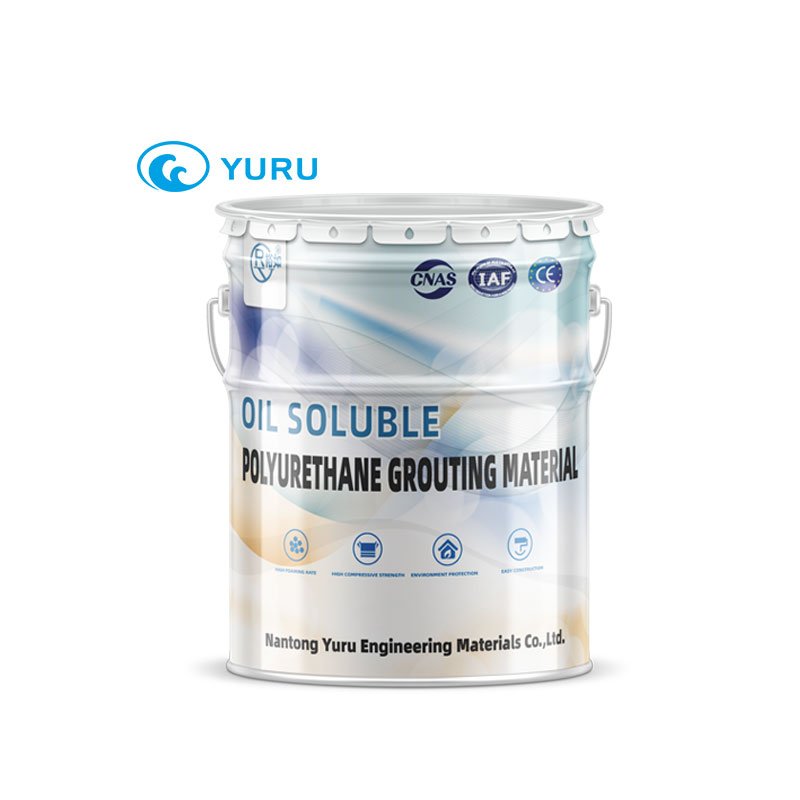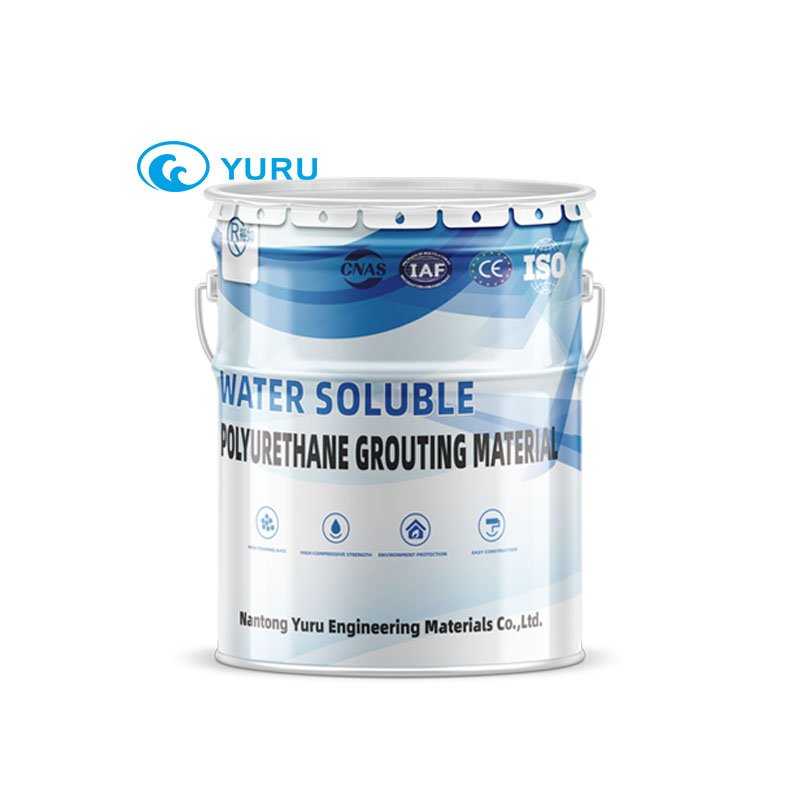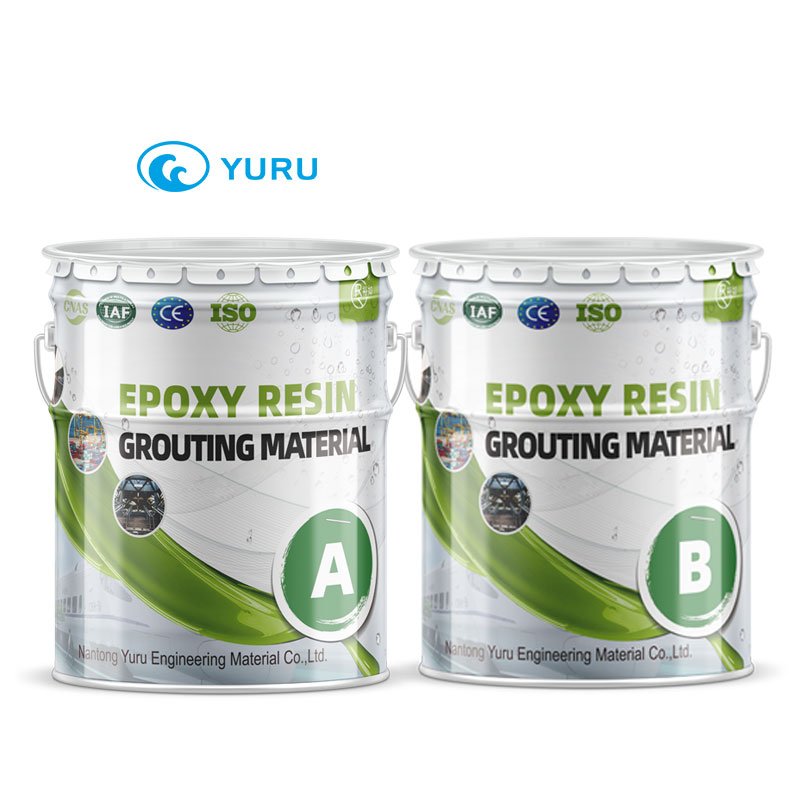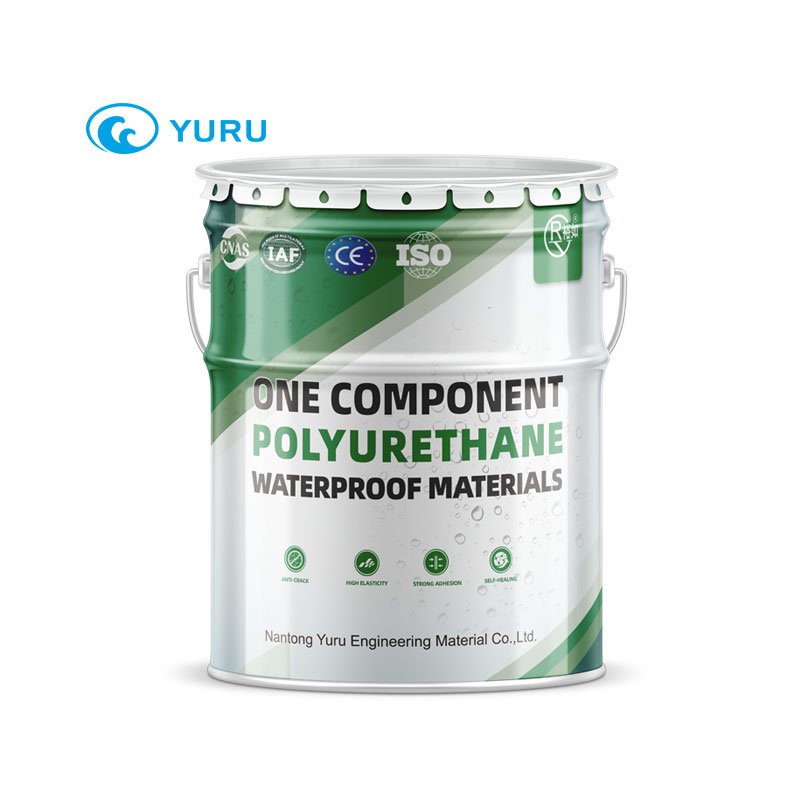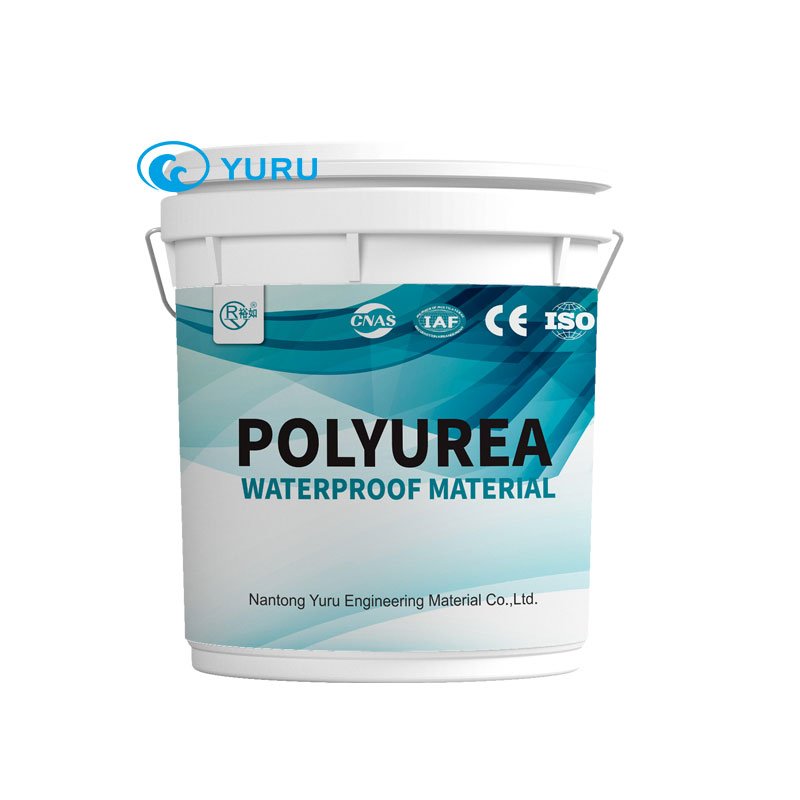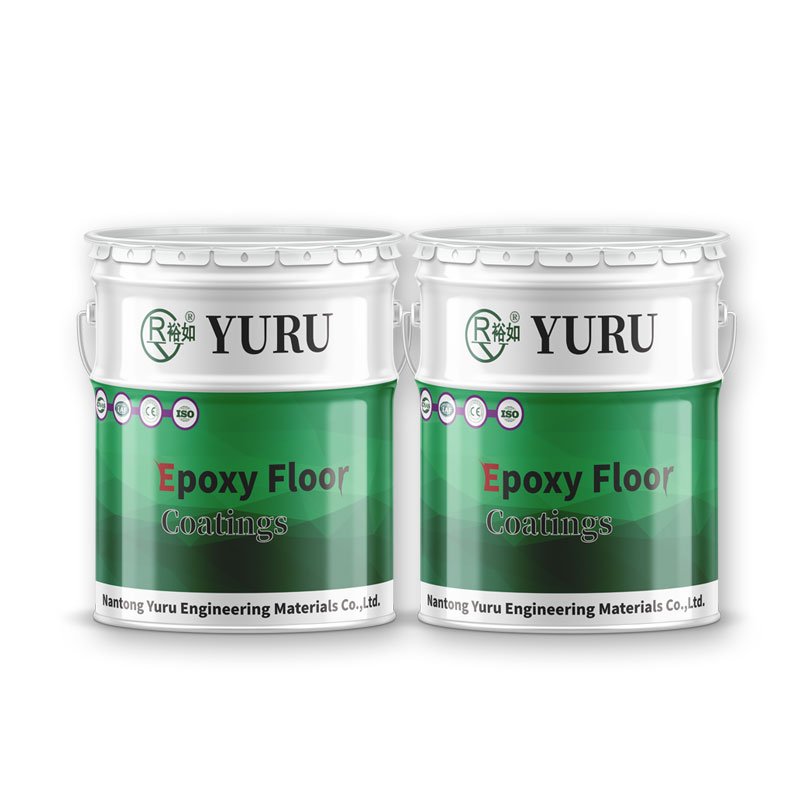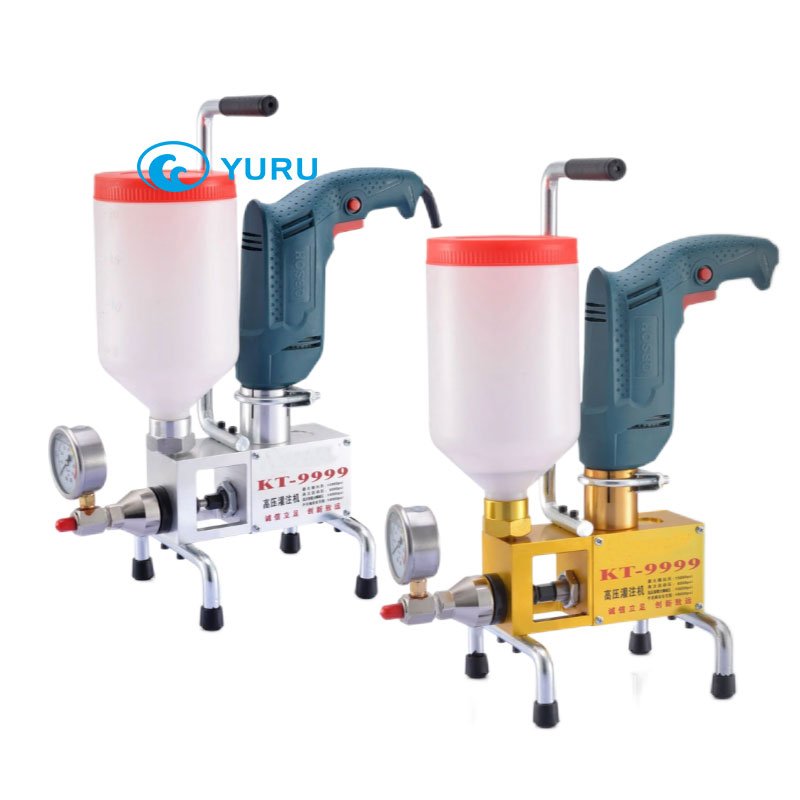How to Use Polyurea Grout?
Introduction
Polyurea grout is a powerful material widely used in construction for crack repairs, sealing, and waterproofing, especially in concrete structures. Due to its unique properties, it’s the material of choice for a variety of projects, from small-scale repairs to large infrastructure works. But how exactly does polyurea grout work? How do you use it effectively to achieve the best results in construction projects?
In this guide, we’ll explore everything you need to know about using polyurea grout — from its definition and applications to step-by-step instructions on how to apply it effectively. Whether you’re working on industrial projects, bridge repair, or water management infrastructure, this article will provide valuable insights to ensure that your polyurea grout projects are a success.


What is Polyurea Grout?
Polyurea grout is a fast-curing, high-performance sealing material made from polyurea polymer. It is used extensively in concrete crack repair and water damage prevention. This material has exceptional adhesion properties and can form a robust bond with concrete surfaces, preventing leaks and offering long-term protection. Polyurea grout is known for its rapid curing time, flexibility, and high strength, making it ideal for a variety of commercial and industrial applications.
Polyurea grout works by reacting with moisture present in the environment, and when combined with the right equipment, it provides an immediate seal. Unlike traditional grout materials, polyurea grout bonds extremely well to concrete and is capable of filling even the smallest of cracks.
Applications of Polyurea Grout
Polyurea grout offers a wide array of applications across different industries. Here are the primary areas where polyurea grout is utilized:
1. Concrete Crack Repair
Polyurea grout is commonly used for repairing cracks in concrete. Whether you are dealing with hairline cracks or larger fissures, polyurea grout fills the gaps, strengthens the concrete, and prevents further damage. Its ability to cure quickly makes it an excellent solution for emergency repairs where time is a factor.
2. Waterproofing
One of the most prominent uses of polyurea grout is waterproofing. It provides an impermeable barrier that prevents water from penetrating concrete structures. This is especially critical in underground facilities, such as basements, tunnels, and water treatment plants. Polyurea grout’s high flexibility ensures that it performs well in wet environments and on surfaces exposed to moisture.
3. Bridge and Road Infrastructure
In bridge repair, roadworks, and infrastructure projects, polyurea grout helps to seal joints, cracks, and seams, preventing water infiltration. It can also be used to enhance the durability of roads, bridges, and railways by reinforcing the integrity of concrete.
4. Industrial Applications
Polyurea grout is frequently used in industrial construction projects, such as factories, warehouses, and manufacturing plants. It protects the foundation and floors from cracks and erosion due to chemical spills, moisture, or heavy machinery wear. It also offers superior resistance to industrial-grade chemicals, making it ideal for high-demand environments.
How to Use Polyurea Grout?
The application of polyurea grout is a simple process if done correctly. Here’s a step-by-step guide:
1. Surface Preparation
Surface preparation is a critical step in ensuring the success of your polyurea grout application. Begin by cleaning the concrete surface thoroughly. Remove any dust, oil, grease, dirt, and loose particles. You can use a pressure washer or wire brush to clean the surface. If the crack is deep, use a grinder to remove any old grout or repair material.
2. Mixing Polyurea Grout
Polyurea is generally classified as one-component or two-component materials. Polyurea grout consists of two components: a resin and a hardener. These must be mixed in the correct proportions as specified by the manufacturer. Improper mixing may result in improper curing or subpar performance. A high-quality mixing tool or dispenser is recommended to achieve an even mixture.
3. Injection or Application
After mixing the polyurea grout, apply it to the cracked or damaged concrete using either an injection pump or manual application method. The injection method is ideal for cracks, as it pushes the grout into deep gaps, ensuring a comprehensive seal. If you’re working on a surface or joint, use a trowel or caulking gun for the application.
4. Curing and Setting
Polyurea grout cures rapidly — usually within hours. Once applied, the grout will begin to solidify. Ensure that the environment remains stable during curing, as extreme temperatures may affect its setting time. Within a short period, your surface will be reinforced and protected.
5. Finishing Touches
After curing, check for any excess grout and remove it using a scraper or suitable tool. If necessary, apply additional grout to areas that were not fully sealed. Ensure that the surface is smooth and properly finished to maintain its durability.
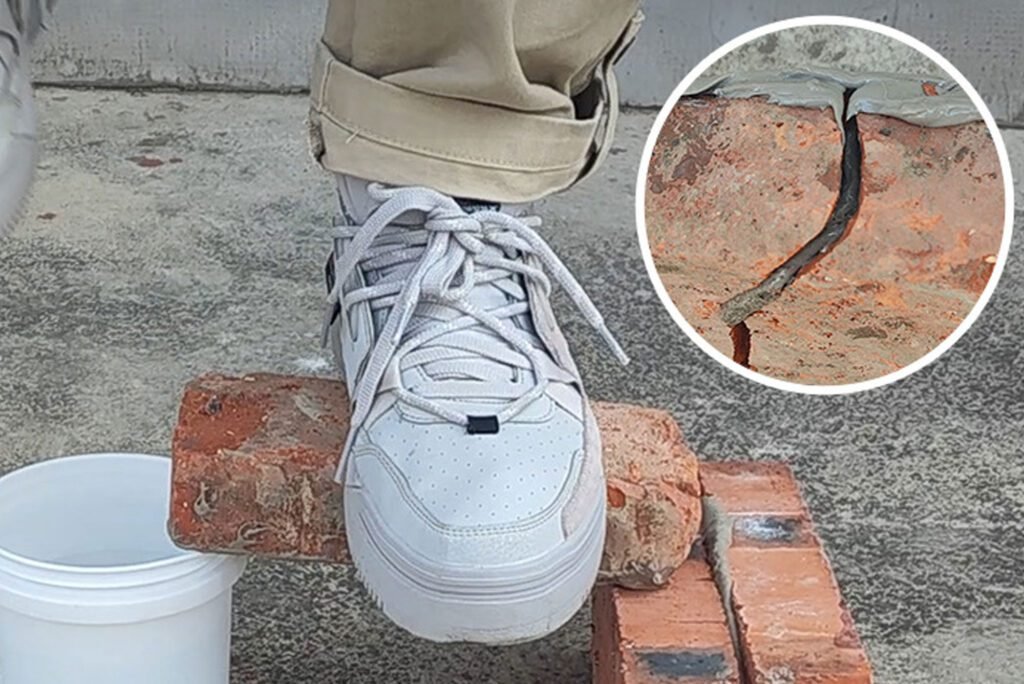

Advantages of Using Polyurea Grout
Polyurea grout offers several advantages over other traditional grout materials. Here are some of the primary benefits:
1. Fast Curing Time
Polyurea grout cures extremely quickly — typically within hours. This rapid curing minimizes downtime and reduces the overall project time, which is crucial for businesses working on tight schedules.
2. High Strength and Durability
Polyurea grout has excellent compressive strength, making it ideal for industrial environments. It is highly resistant to cracking, wear, and tear, providing long-lasting protection.
3. Excellent Adhesion
One of the key features of polyurea grout is its superior adhesion to concrete surfaces. It forms a solid bond, even in challenging conditions, ensuring that cracks stay sealed and preventing future water infiltration.
4. Chemical Resistance
Polyurea grout is resistant to a wide range of chemicals, including acids, oils, and solvents. This makes it ideal for use in manufacturing plants, chemical factories, and other environments exposed to aggressive substances.
5. Flexible and Weather Resistant
Polyurea grout is highly flexible and can accommodate structural movement without cracking. It can also withstand extreme temperatures, making it suitable for a wide range of climates and environments.
Common Issues When Using Polyurea Grout and How to Solve Them
While polyurea grout is an excellent material, there are some common challenges during its use:
1. Improper Curing
Polyurea grout requires the right environmental conditions to cure properly. High humidity or very low temperatures can impact its curing time. To ensure optimal curing, avoid applying it in extreme weather conditions and follow the manufacturer’s guidelines.
2. Inadequate Surface Preparation
If the surface isn’t cleaned properly before application, the polyurea grout may not bond well. Ensure the concrete is free of oils, dust, and debris before applying the grout.
3. Too Much Material Applied
Applying excess polyurea grout can lead to an uneven surface or wastage. Use the right amount of grout, and remove any excess immediately after application to achieve a smooth finish.
Frequently Asked Questions
1. Can polyurea grout be used on all types of concrete?
Yes, polyurea grout can be used on most concrete surfaces, including floors, walls, and foundations. However, it’s important to clean the surface properly before application to ensure the best results.
2. Is polyurea grout safe to use?
Yes, polyurea grout is safe to use when handled properly. Always follow safety precautions, such as wearing gloves, goggles, and a mask, to avoid direct contact with the chemical components.
3. Can polyurea grout be applied in cold weather?
Polyurea grout works best in moderate temperatures. In colder weather, its curing time may be prolonged, and in extreme conditions, it may not cure as effectively. Always check the product specifications for recommended temperature ranges.
Conclusion
Polyurea grout is a versatile, high-performance material for concrete repair, sealing, and waterproofing projects. Its fast-curing time, strength, and superior adhesion properties make it ideal for industrial and commercial applications. By following proper preparation, mixing, and application methods, you can ensure that your project is completed successfully with long-lasting results.
If you need high-quality polyurea grouting solutions for your business or large-scale projects, YURU Waterproof offers tailored solutions to meet your specific needs. Our advanced materials and expert support will help you achieve the best results every time.


YURU Product solutions
Waterproof Coating
- One-component oil-based polyurethane waterproof coating
- One-component water-based polyurethane waterproof coating
- Two-component polyurethane waterproof coating
- Two-component 6.0Mpa polyurethane waterproof coating
- Transparent Waterproof Glue
- Nano Invisible Waterproof Agent
- Silicone Waterproof Coating
- Acrylic Waterproof Coating For Metal Roof
- JS Polymer Waterproof Coating
- High Elastic Liquid Rubber Waterproof Coating
- Cement-based Penetrating Crystallization Waterproof Coating


